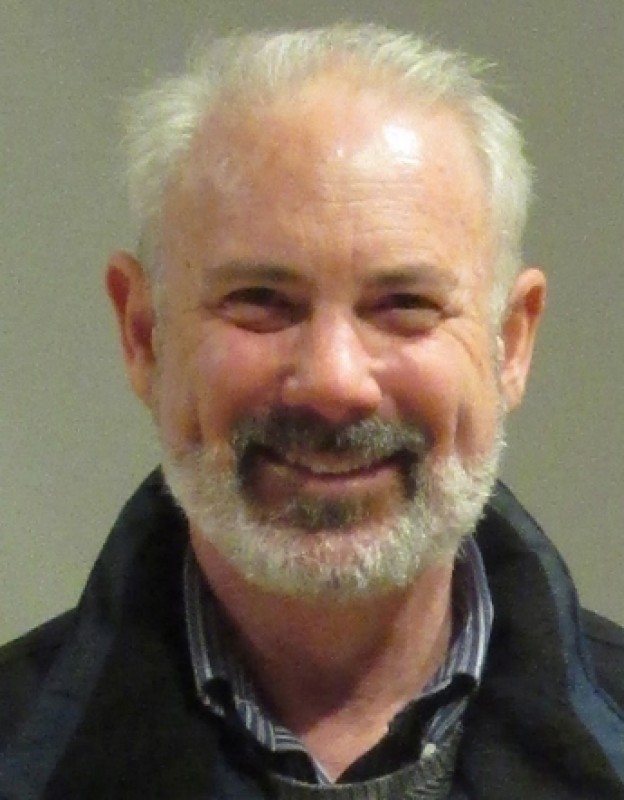KLI Colloquia are invited research talks of about an hour followed by 30 min discussion. The talks are held in English, open to the public, and offered in hybrid format.
Join via Zoom:
https://us02web.zoom.us/j/5881861923?omn=85945744831
Meeting ID: 588 186 1923
Spring-Summer 2026 KLI Colloquium Series
12 March 2026 (Thurs) 3-4:30 PM CET
What Is Biological Modality, and What Has It Got to Do With Psychology?
Carrie Figdor (University of Iowa)
26 March 2026 (Thurs) 3-4:30 PM CET
The Science of an Evolutionary Transition in Humans
Tim Waring (University of Maine)
9 April 2026 (Thurs) 3-4:30 PM CET
Hierarchies and Power in Primatology and Their Populist Appropriation
Rebekka Hufendiek (Ulm University)
16 April 2026 (Thurs) 3-4:30 PM CET
A Metaphysics for Dialectical Biology
Denis Walsh (University of Toronto)
30 April 2026 (Thurs) 3-4:30 PM CET
What's in a Trait? Reconceptualizing Neurodevelopmental Timing by Seizing Insights From Philosophy
Isabella Sarto-Jackson (KLI)
7 May 2026 (Thurs) 3-4:30 PM CET
The Evolutionary Trajectory of Human Hippocampal-Cortical Interactions
Daniel Reznik (Max Planck Society)
21 May 2026 (Thurs) 3-4:30 PM CET
Why Directionality Emerged in Multicellular Differentiation
Somya Mani (KLI)
28 May 2026 (Thurs) 3-4:30 PM CET
The Interplay of Tissue Mechanics and Gene Regulatory Networks in the Evolution of Morphogenesis
James DiFrisco (Francis Crick Institute)
11 June 2026 (Thurs) 3-4:30 PM CET
Brave Genomes: Genome Plasticity in the Face of Environmental Challenge
Silvia Bulgheresi (University of Vienna)
25 June 2026 (Thurs) 3-4:30 PM CET
Anne LeMaitre (KLI)
KLI Colloquia 2014 – 2026
Event Details

Register in advance for this meeting:
https://us02web.zoom.us/meeting/register/tZYodeysrD8qHtLOxAFWz2LJ0AFNsIfbHDQI
After registering, you will receive a confirmation email containing information about joining the meeting
Topic description / abstract:
In his third edition of The Cell in Development and Heredity, E. B. Wilson (1928, p. 730) said that discussions of symbiosis in development and inheritance "were too fantastic for present mention in polite biological society; nevertheless it is within the realm of possibility that they may someday call for more serious attention." That day has come. There are remarkable data from throughout the plant and animal kingdoms that mutualistic symbionts are needed and expected for normal development. This brings forth philosophical questions concerning the nature of individuality, what it means to be an organism composed of numerous species, and whether the "team" can evolve separately from its players. Symbionts are seen providing important cues for the development of body axes, digestive systems, immunocompetent cells, and neurons. The microbial symbionts and "hosts" are the environments for each other, and changes in symbiont-scaffolded development may also be responsible for some of major evolutionary transitions. These include the evolution of multicellularity, sex, the mammalian placenta, and the formation of ruminants, where ruminal bacteria not only establish nutritional symbioses in the adult, but also establish a developmental symbiosis that helps build the rumen. The holobiont (the "host" plus its microbial communities) may provide critical examples of evolution through reciprocal niche construction events.
Biographical note:
Scott F. Gilbert is the Howard A. Schneiderman Professor of Biology (emeritus) at Swarthmore College, where he has taught developmental genetics, embryology, and the history and critiques of biology. He is also a Finland Distinguished Professor (emeritus) at the University of Helsinki. He received his B.A. in both biology and religion from Wesleyan University, and he earned his MA in the history of science and his PhD in biology from the Johns Hopkins University.
Scott’s biological research concerns how changes in embryonic development can generate evolutionary novelties, and it has two foci. The first set of studies investigates how the turtle gets its shell. The second focus concerns the integration of symbionts into a holobiont, and how the symbiotic microbes and host cells “become with the other.”
Scott currently has three co-authored books in print: (1) Developmental Biology (now in its twelfth edition); (2) the newer textbook, Ecological Developmental Biology, which is attempting to bring together aspects of embryology, ecology, and evolution; and (3) Fear, Wonder, and Science in the Age of Reproductive Biotechnology, a science trade-book concerning both the scientific and emotional aspects of reproductive biotechnology.
Scott has received several awards for his work in education and evolutionary developmental biology. These include the Viktor Hamburger Award from the Society for Developmental Biology, the Alexander Kowalevsky Prize in Evolutionary Developmental Biology, and the Service Award from the Pan-American Society for Evolutionary Developmental Biology. He has been awarded honorary degrees from the University of Helsinki and the University of Tartu.


